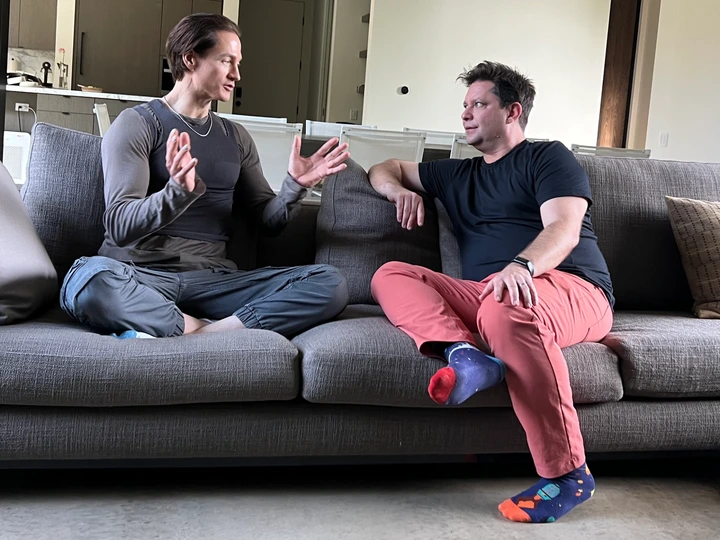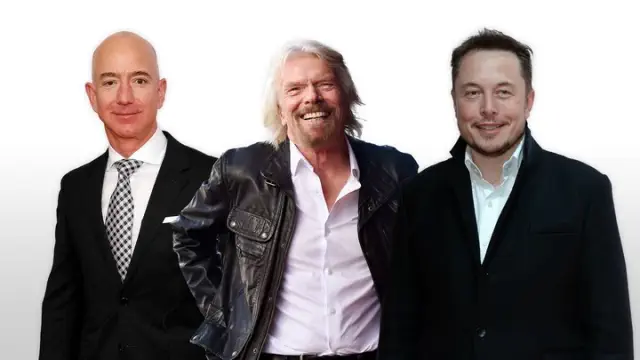Sign up for Semafor Media:Media’s essential read.Read it now.

View pictures in App save up to 80% data.
The highly regarded tech journalist Ashlee Vance, known for his extensive work at Bloomberg, has departed to launch a new media venture focused on his inquisitive and usually positive explorations of technology and science.
The startup, called Core Memory, has the unusual ambition of producing high-end documentaries along with the typical “digital” products: a YouTube show, a podcast, and a Substack newsletter. That range matches Vance’s own career, which spans feature writing, hosting Bloomberg’s globetrotting show Hello World, writing a bestselling 2015 biography of Elon Musk, and independently producing documentaries, most recently Don’t Die on Netflix. Vance, 47, also has a book in the works on OpenAI, for which he said he’s already sold the movie rights.
"I truly believe it's possible to thrive in both the realm of documentary filmmaking and the sphere of digital journalism," Vance remarked.
Core Memory is set to embrace a futuristic vision, emphasizing cutting-edge technologies and scientific advancements. According to Vance, who is directing and has commenced production on its inaugural documentary, the focus will be on brain-computer interfaces. Additionally, he plans to produce two annual seasons of a YouTube talk show, with the first season dedicated to brain science and the second exploring the intricate and fascinating world of manufacturing in all its "gory, beautiful detail."
Vance’s 14 years at Bloomberg (plus a stint at The New York Times) turned him into a favored reporter for tech visionaries with big dreams. Hello World took viewers from Texas to Nigeria to Kyrgyzstan to chase stories covering topics from lab-grown meat to robots to AI. (Core Memory’s YouTube show, he said, would not have a similar travel budget.) He’s also largely stayed out of the decade’s ideological battle between Silicon Valley’s elite and the journalists who cover them.
"I often find that much of the technology coverage in mainstream media comes across as activism, with writers displaying a strong bias in their perspectives," he remarked.










